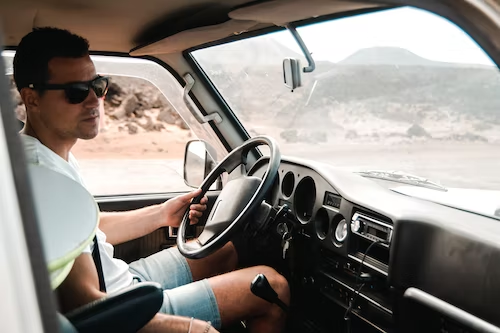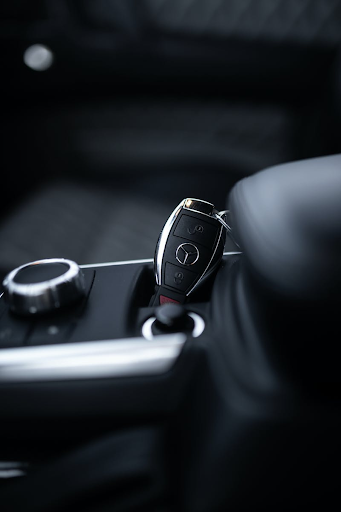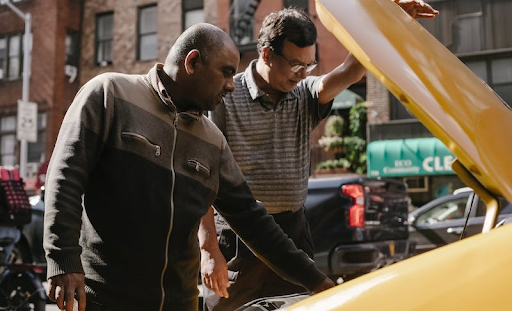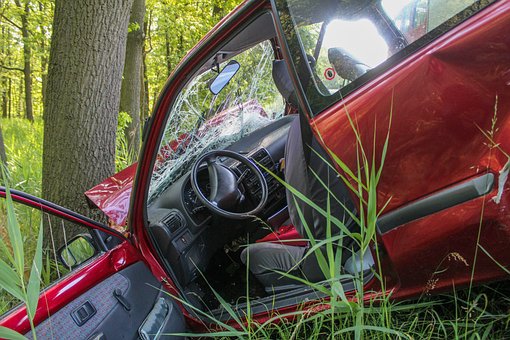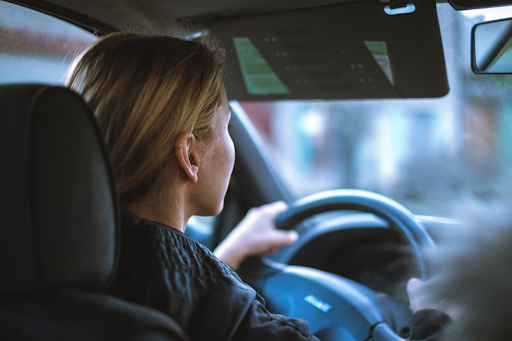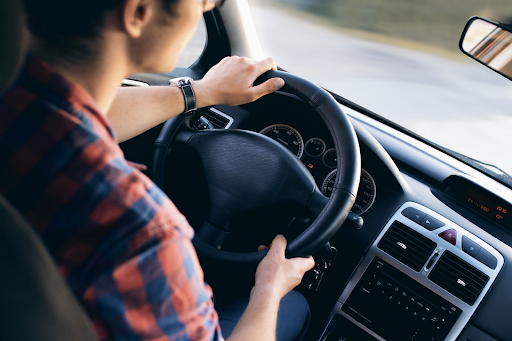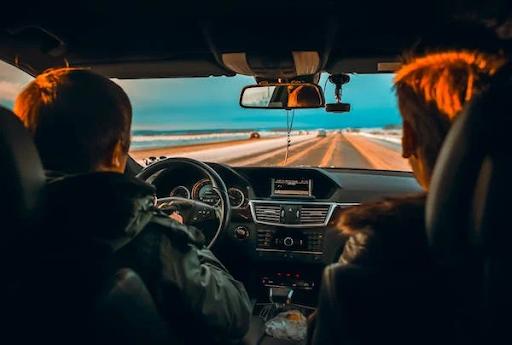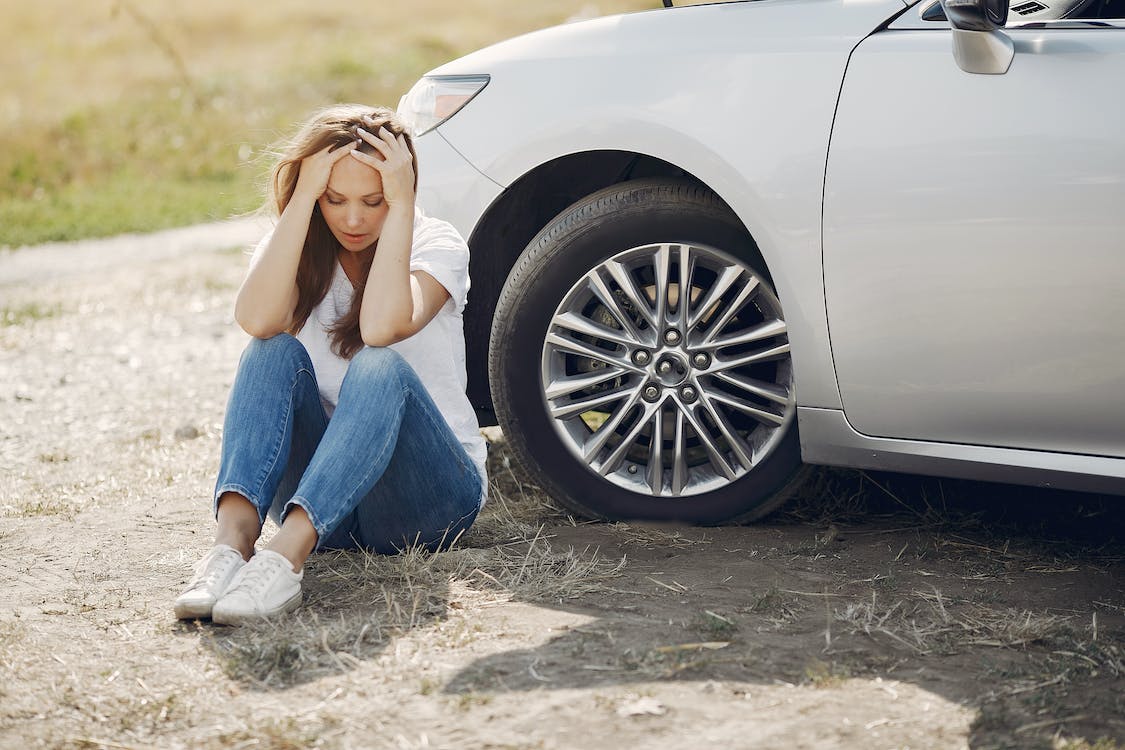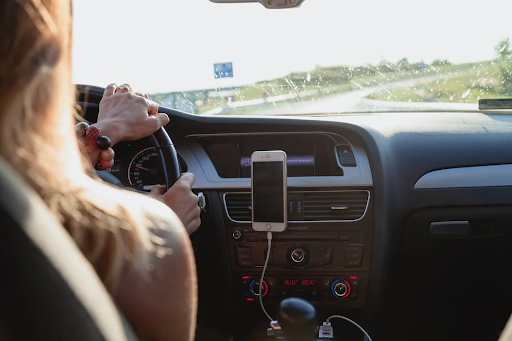Preventing Common Car Accidents: Useful Tips From the Experts
Car accidents are one of the leading causes of death and injury in the United States. The most common car accidents are rear-ending collisions, head-on collisions, and side-impact collisions. Taking the proper precautions and following some simple safety tips can go a long way toward preventing these types of crashes from happening in the first place. Here are some great tips from experts on how to stay safe behind the wheel:
1. Always Wear Your Seat Belt
A seat belt helps keep you secure in the vehicle. It prevents your body from being thrown around inside or even ejected during an accident. Even if you’re only driving for a short distance, it’s important to remember that accidents can happen anytime, anywhere, so make sure you buckle up every time you get into your car. If you become a car accident victim, you will need to find an attorney. As mentioned at https://alltriallawyers.com/anaheim-car-accident-lawyer/, lawyers that specialize in car accident cases can help you get the compensation that you deserve. Please wear a safety belt to reduce the risk of serious injuries such as traumatic brain injury (TBI) and spinal cord damage by providing extra support for the head and torso during impact.
2. Maintain Proper Visibility
Maintaining proper visibility is essential for avoiding accidents. Ensure all your mirrors are adjusted correctly, so you can clearly see what’s happening around you. This includes checking your rearview and side view mirrors regularly, ensuring that your windshield is free of dirt and debris and that no obstructions are blocking your view. It’s also important to remember that car headlights are not just for nighttime driving; they are essential for staying safe during daylight hours. Headlights help other drivers see you in low-light conditions such as dusk, dawn, and during rain or foggy weather. Ensure all your lights are working properly and that they are turned on at all times.
3. Always Obey the Speed Limit
Speeding is one of the leading causes of car accidents, so always obeying the speed limit is essential. Driving too fast can reduce your reaction time and make it more difficult to maneuver safely around other vehicles and obstacles. It’s also important to keep in mind that the speed limit can vary from one road to another, so be sure to pay attention and adjust your speed accordingly.
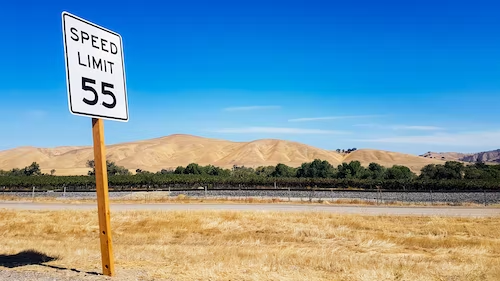
In addition, it’s a good idea to leave extra room between you and other vehicles on the road. Giving yourself sufficient distance not only helps you maintain your speed but also gives you more time to react if someone else makes a sudden move or stops unexpectedly.
4. Avoid Distracted Driving
Distracted driving is another major cause of car accidents, so staying focused on the road and avoiding distractions is essential. This includes texting while driving, talking on your cell phone, eating or drinking while behind the wheel, and adjusting your car’s radio or other devices. If you need to answer a call or check your messages, the best thing to do is pull over in a safe location and then take care of whatever you need to do. Remember, no text or phone call is worth risking your life or the lives of others.
5. Watch Out for Pedestrians and Bicyclists
When driving in areas where there are likely to be pedestrians or cyclists present, always take extra precautions and look out for them. This means slowing down when approaching crosswalks or bike lanes and being aware of your surroundings. Additionally, ensure you give bicycle riders enough room on the road, so they don’t feel threatened by your presence. If you need to pass a cyclist, do so slowly and carefully – never squeeze past them if there isn’t enough space. It’s also important to remember that cyclists may only sometimes follow traffic laws, such as stopping at red lights or stop signs, so pay attention and be prepared for anything. Always yield the right-of-way to pedestrians when turning into an intersection or crossing over a sidewalk. Even if they aren’t within the crosswalk itself.
6. Be Aware of Weather Conditions
Weather is another factor that can play a role in car accidents, so it’s essential to be aware of current conditions before you get behind the wheel. If you are driving during inclement weather, such as rain or snow, make sure you allow extra time for your trip and reduce your speed accordingly. Additionally, be sure to turn on your headlights, even during the day, as this can help make you more visible to other drivers. It’s also a good idea to have an emergency kit in your car that includes items such as blankets and flares in case of unexpected breakdowns or weather delays. And if conditions become too dangerous, feel free to pull over and wait until conditions improve. By following these simple tips, you can take the necessary precautions to stay safe on the road and help prevent common car accidents from occurring. Remember that an ounce of prevention is worth a pound of cure, so don’t take any unnecessary risks behind the wheel. Stay alert, be prepared, and drive safely.
